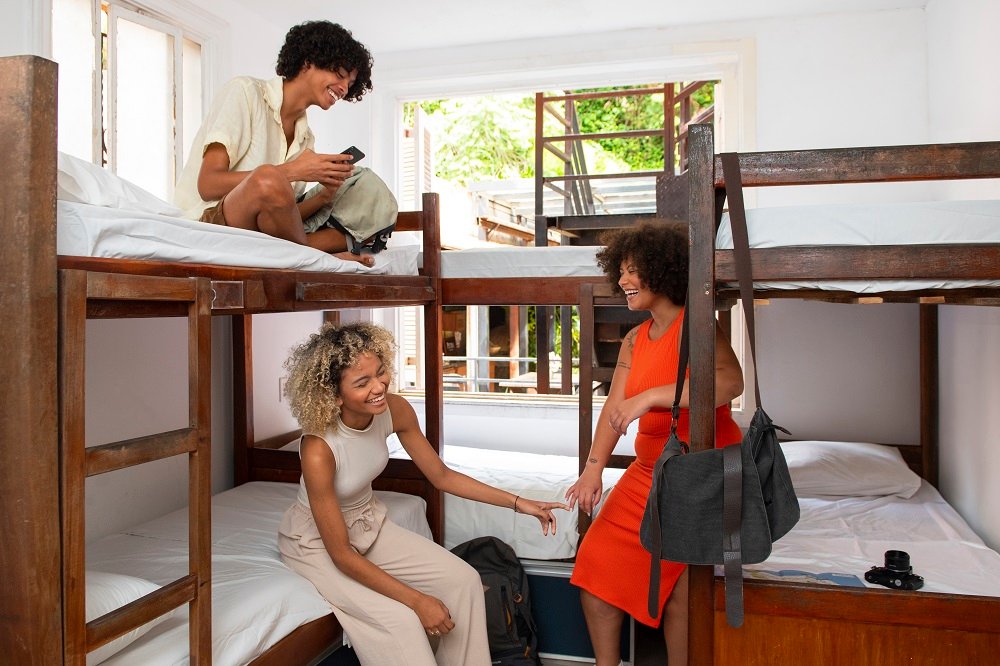
Understanding NSFAS Private Accommodation Requirements
Are you curious about the requirements for private accommodation under the National Student Financial Aid Scheme (NSFAS) in South Africa? Wondering how you can make sure your accommodation meets NSFAS guidelines? The National Student Financial Aid Scheme (NSFAS) is a lifeline for many South African students pursuing higher education. NSFAS provides financial assistance to eligible students to cover their tuition fees, textbooks, and living expenses. While NSFAS primarily supports students living in university or college residences, it also extends its assistance to those who choose private accommodation. However, there are specific requirements and guidelines that students must adhere to when seeking NSFAS support for private accommodation. In this article, we will explore these requirements to help students better understand how NSFAS supports those living off-campus.
NSFAS Private Accommodation Requirements
NSFAS private accommodation requirements generally include the necessity for the accommodation to be accredited by the respective educational institution. Additionally, a legitimate lease agreement between the student and the landlord is required. Basic utilities such as electricity and water should be part of the agreement, and the accommodation must adhere to safety norms and guidelines set by local authorities. The location should also be reasonably close to the educational institution or well-connected by public transport. Required documentation usually involves a copy of the signed lease agreement, identity verification for both the student and the landlord, proof of accreditation for the accommodation, and bank details for electronic fund transfer.
Basic utilities such as electricity and water should be part of the agreement, and the accommodation must adhere to safety norms and guidelines set by local authorities.
Types of Accommodation Covered by NSFAS
NSFAS offers support for different kinds of accommodation, which include:
- University Residences: These are residences that are on-campus or affiliated with the educational institution.
- Private Accommodation: These are off-campus residences not affiliated with the educational institution.
For this article, we’ll focus on private accommodation.
Basic Requirements
The requirements for private accommodation can vary from one educational institution to another, but some basic requirements generally apply:
- Accreditation: The private accommodation must be accredited by the respective educational institution.
- Lease Agreement: There must be a legitimate lease agreement between the student and the landlord.
- Utilities: Basic utilities like electricity and water should be part of the agreement.
- Safety Measures: The place should adhere to safety norms and guidelines as set by local authorities.
- Accessibility: The location should be reasonably close to the educational institution or well connected by public transport.
Documentation Required
Here is a list of documentation generally required for NSFAS private accommodation:
- Lease Agreement: A copy of the lease agreement signed by both parties.
- Identity Verification: Copies of IDs or passports of the student and the landlord.
- Proof of Accreditation: A certificate or document proving the accommodation is accredited.
- Bank Details: For electronic fund transfer purposes.
How to Apply
- Application Portal: Log into your NSFAS profile and navigate to the accommodation section.
- Submit Documents: Upload all the required documents mentioned above.
- Review and Confirmation: Once your documents are reviewed, you will be notified of the status of your application.
- Payment: If approved, NSFAS will directly transfer the accommodation funds to the relevant party.
Knowing the requirements for NSFAS private accommodation is essential for students seeking financial assistance in South Africa. Key points to remember include the importance of selecting accredited accommodation, having a valid lease agreement, and ensuring the property meets safety and utility guidelines. Completing your application with all the required documentation ensures a smoother process, allowing you to make the most of the financial aid available for your educational journey.
Did You See These?
Radiography studies High School Requirements in SA
ACT Cape Town Courses and Programmes 2024/2025 (Prospectus)
Discussing Why Unequal Access to Basic Services Could Give Rise to Social Injustices
Why I Admire Nelson Mandela Essay Guide and Example
How can the Notion of Ubuntu be Incorporated in Classroom Practice
All Conveyancing Exam Question Papers and Memorandums: South Africa

